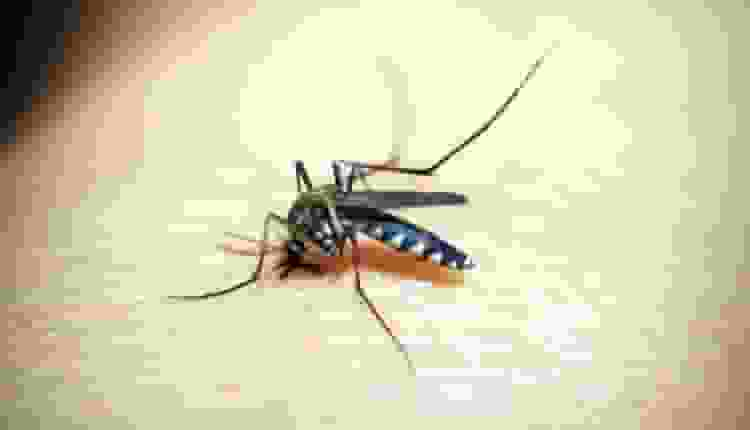
Middlesex County officials in central New Jersey caution homeowners that potentially harmful chemicals are being sprayed through the air during this week and next, as well as residents should limit their along with their pet exposures to the outdoors during the periods of application.
Etofenprox (Zenivex), Malathion (Fyfanon), Deltamethrin (DeltaGard), and Prallethrin (Sumithrin) will be sprayed into the Middlesex County populations of East Brunswick, Helmetta, Spotswood, Monroe Township, as well as Old Bridge tomorrow, September 7, as well South Brunswick on Monday, September 11. The principal chemical agent is expected to be etofenprox.
Chemical Spray per New Jersey Pesticide Control Code
The Commission also advises children to stay away from outdoor areas before and after spraying.
These pesticides are sprayed in accordance with sections 9.10 and 9.15 of the New Jersey Pesticide Control Code (N.J.A.C. Title 7, Chapter 30).
In accordance with that code, the Middlesex County Mosquito Extermination Commission can use mosquito repellent products to manage adult populations of mosquitoes on an as-needed basis across Middlesex County from May 1st to November 30th.
The Middlesex County Mosquito Commission advises individuals to call the National Pesticide Information Center at 1-800-858-7378 for routine chemical-related health questions.
They recommend contacting the New Jersey Pesticide Control Program at 1-887-927-6337 for details about pesticide regulations, pesticide concerns, and health referrals.
Read More: Resistant Starch Supplement Lowers Liver Triglycerides In Fatty Liver Disease Patients
Etofenprox Causes Mild Eye Irritation

Mitsui Chemicals Agro Inc. manufactures etofenprox, which is used as a vector control as well as a component in flea medicines for cats and dogs.
Following direct touch or ingestion, the toxin disrupts the neurological systems of insects. If eaten, the substance is toxic to humans and causes mild eye irritation.
Skin irritation could result from repeated exposure to the substance. This chemical is also harmful to aquatic organisms such as fish and invertebrates.
Dish could be harmed by run-off from treated areas into neighboring waterways or rivers. Etofenprox is also extremely hazardous to bees when applied directly to blossoming crops or weeds.
Read More: 2024 VA COLA Boost: Anticipating The Benefits Of The Upcoming Adjustment

